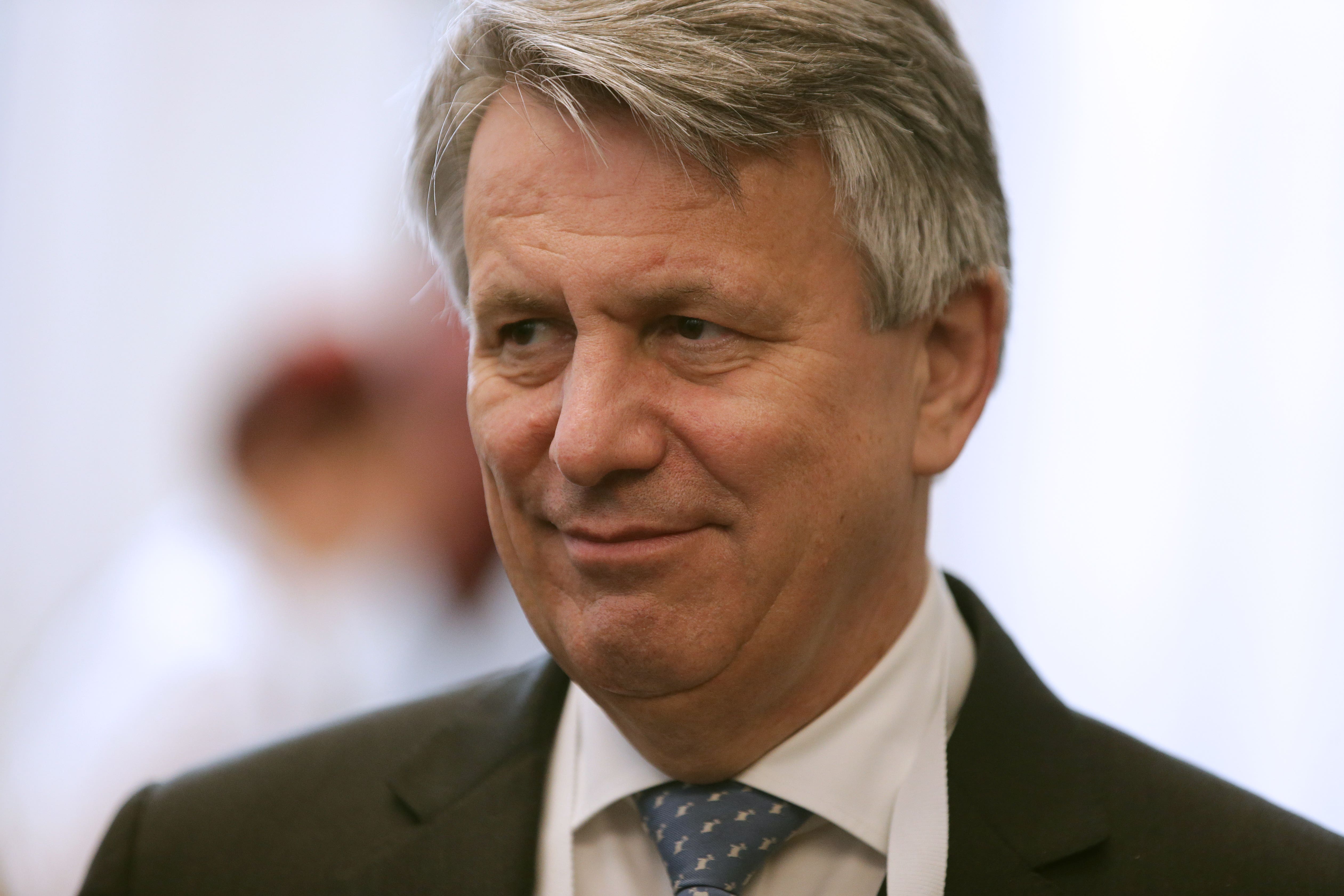Shell boss ‘regrets’ not acting earlier on two environmental issues
Ben van Beurden cited the Groningen gas field and Arctic drilling as issues that, in hindsight, he could have moved faster to address.

Your support helps us to tell the story
From reproductive rights to climate change to Big Tech, The Independent is on the ground when the story is developing. Whether it's investigating the financials of Elon Musk's pro-Trump PAC or producing our latest documentary, 'The A Word', which shines a light on the American women fighting for reproductive rights, we know how important it is to parse out the facts from the messaging.
At such a critical moment in US history, we need reporters on the ground. Your donation allows us to keep sending journalists to speak to both sides of the story.
The Independent is trusted by Americans across the entire political spectrum. And unlike many other quality news outlets, we choose not to lock Americans out of our reporting and analysis with paywalls. We believe quality journalism should be available to everyone, paid for by those who can afford it.
Your support makes all the difference.The chief executive of Shell has said he regrets not acting earlier on two issues linked to the environment as he prepares to step down after nearly a decade in charge.
Ben van Beurden said that he should have acted in 2015 on data coming out of the Groningen gas field in the Netherlands.
“There’s a few regrets … Not in the sense that I made the wrong decisions, but more often that I made them perhaps – with the benefit of hindsight – a little bit too late,” Mr van Beurden told reporters on Thursday after his business made the second-highest quarterly profits on record.
I look back on it and think: Couldn’t I have done that earlier and faster?
“I wish that some of the things that we had as emerging insights in 2015 I had acted on earlier rather than waiting until 2017 to act on them,” he said.
Shell and its partner Exxon reduced their production from the Dutch oil field in the 2010s, but it took a long time for them to recognise the danger caused by the earthquakes that it caused.
Van Beurden also spoke of points of pride, including lowering Shell’s own emissions by around one-third during his time in charge.
He also said that one-third of the top 100 staff at Shell are now women, compared with 17% when he joined.
“That might be another point of pride, the fact that we have been, and are still the leading company when it comes to carbon management in the industry,” he said.
But Mr van Beurden said that he had not acted soon enough on Shell’s controversial drilling in the Arctic.
After spending around seven billion dollars (£6 billion) drilling off the coast of Alaska the company pulled out in 2015, citing high costs and poor results from drilling.
Mr van Beurden said: “Another thing I think is a regret is the Arctic. In the end, we went out of it, but with the benefit of hindsight I look back on it and think: Couldn’t I have done that earlier and faster?
“So a mix of pride and regret – but I suppose that’s always the case after nine years.”
Shell said that the regrets were linked to financial issues in the Artic and safety issues in the Netherlands.